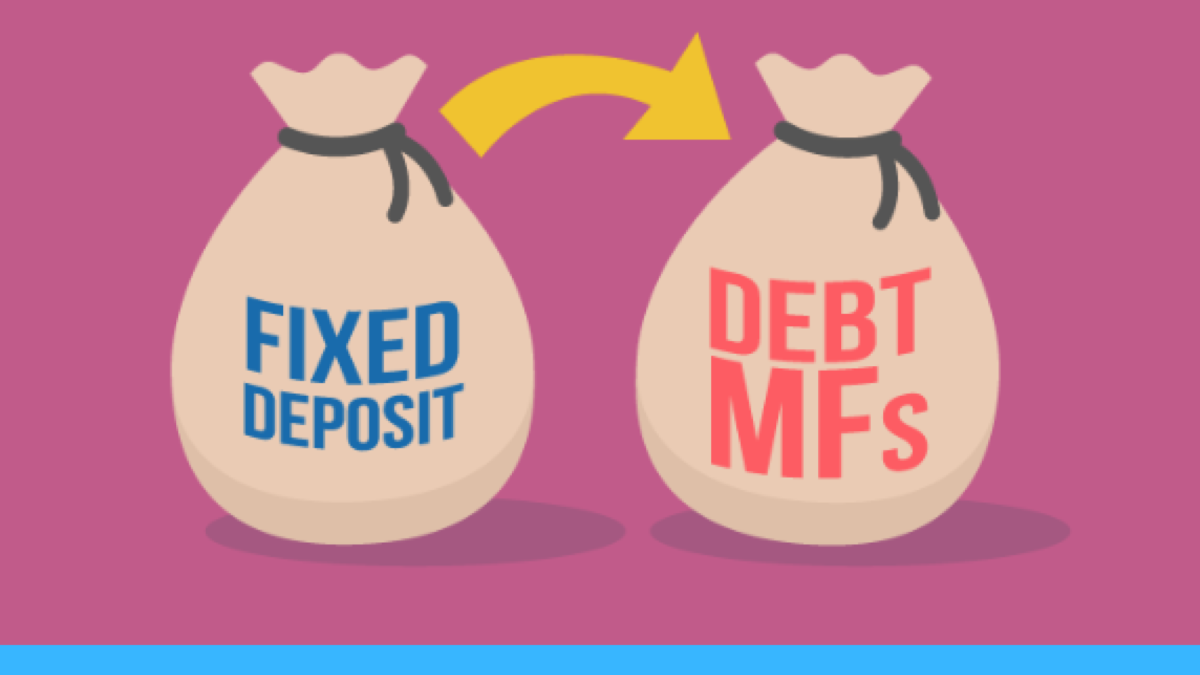
5 factors investors look at before investing in a start-up
November 25, 2022
What are the two most important factors while Buying life insurance
December 27, 2022Saving money is one of the most effective ways to grow financially and improve living standards in the long run. Fixed deposits have been a primary source to store savings for later use. However, as the economy grows, many other alternatives are available to bottle up the protection and earn some extra cash. Debt funds are one such option that has gained immense popularity recently and have become a viable alternative to fixed deposits for many to plan their finances in a better and more progressive way.
While fixed deposits are known to earn some interest over the balance stored, such services are time bound and only offer interest on maturity. In case there is any withdrawal before the maturity period, banks may even charge a penalty. Thus all reasons to look out for debt funds are to save money.
Are debt funds better than fixed deposits?
The answer to this question is more varied and certainly can’t be answered simply with yes or no. It requires a better understanding of one’s financial needs and what one aims to achieve.
Debt funds impact saving habits. Compare them with time-tested fixed deposits. Understanding their place aids informed financial decisions.
- Associated risks
Debt funds are known to offer better savings returns than fixed deposits. However, with significant returns come great risk, and debt funds are no different. The risk associated with debt funds comes in various forms, such as credit risk, interest risk, etc., which is the source of the extra cash.
- Liquidity
Fixed deposits have set terms, inviting penalties and reduced interest on premature withdrawal, making them time-bound savings options. Debt funds perform better in this regard. You can use the money invested in these instruments and require them without worrying about the penalty. You can invest today and exit tomorrow and still won’t lose any on principle. In addition, you can withdraw as much money as you want in debt funds, leaving the rest in the account. One must break the full FD if one removes money from fixed deposits.
- Return
It is where debt funds stand, beneficial from fixed deposits. While the returns are much higher in the former than in the latter, interest earned in the savings in fixed deposit is taxable. If you hold debt funds for three years or less, the tax authorities will tax them according to your applicable tax slab. However, beyond three years, the gains are classified as short-term capital gains and taxed at 20%. This way, debt funds can shave significant cash in your pocket.
Financial decisions are hard to take and somewhat overwhelming regarding making the most out of savings—Fipro handholds the client to enable them to make informed decisions. There are many factors one would need to keep in mind before opting for either fixed deposit or debt funds, such as the quantity of amount and the other formalities. Fipro can help you to make the right decision with experts at your bay, aiding your efforts at every stage.




